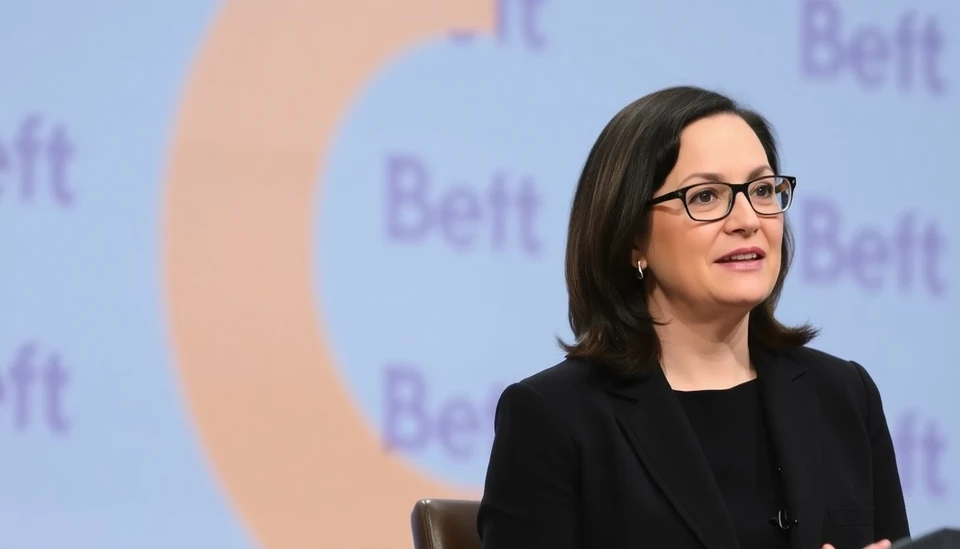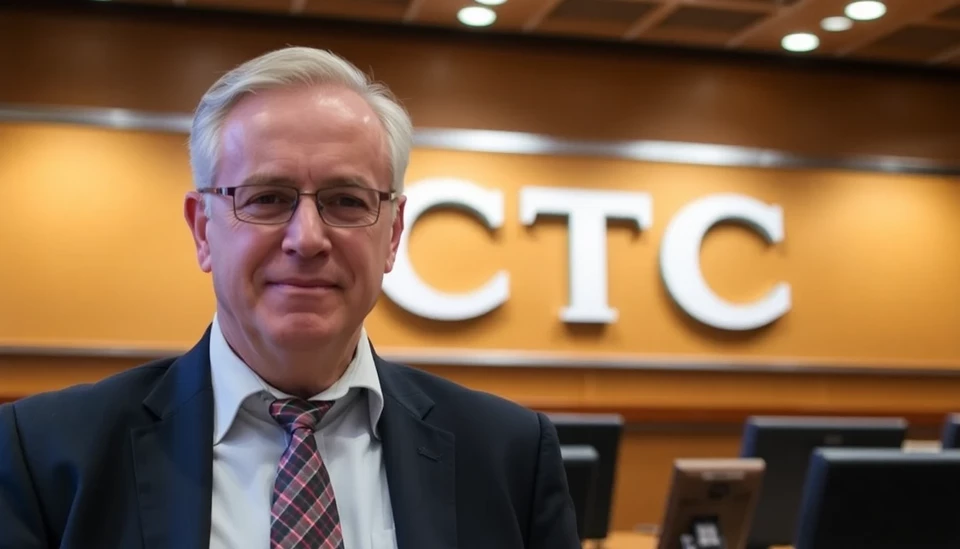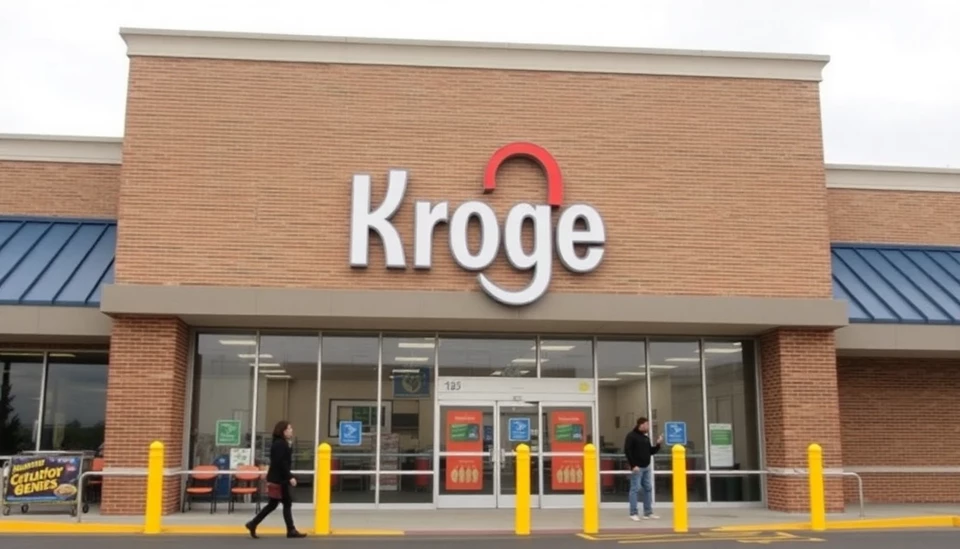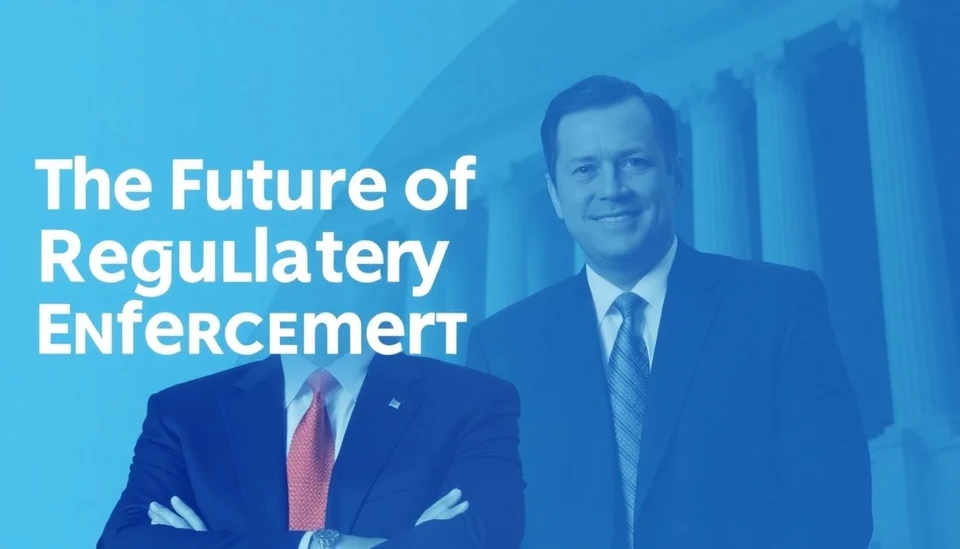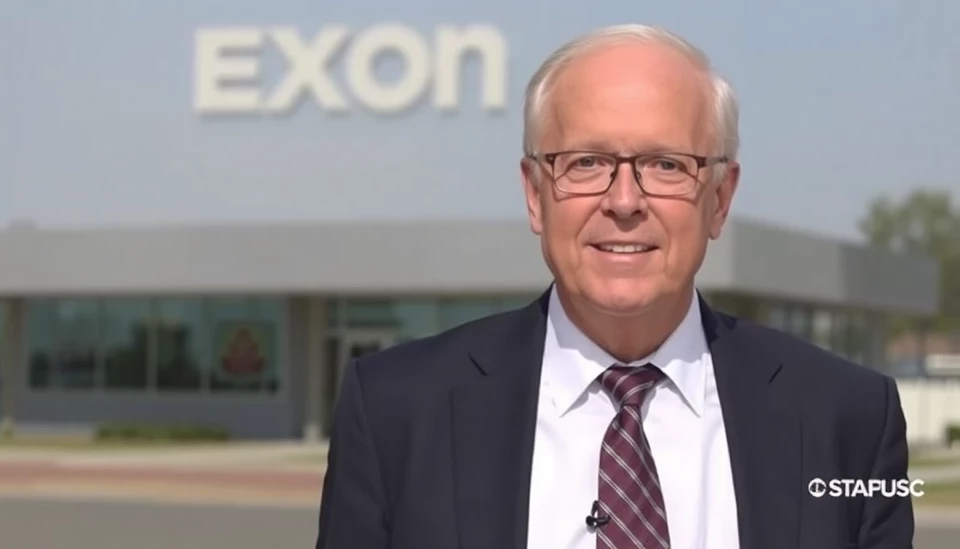
In a significant move that could reshape the landscape of the pharmaceutical industry, the Federal Trade Commission (FTC) has launched an investigation into three prominent players—CVS Health, Cigna, and UnitedHealth Group. The agency accuses these companies of exploiting their positions as pharmacy benefit managers (PBMs) and engaging in practices that allegedly harm consumers and distort competition.
The FTC's inquiry is centered around claims that these PBM giants have been manipulating drug pricing and undermining the fundamental tenets of fair market competition. This comes amid growing concerns regarding the transparency of drug pricing and the actions of middlemen in the pharmaceutical supply chain. The FTC's actions are particularly noteworthy in light of ongoing debates about high prescription drug costs and access for patients.
CVS Health, Cigna, and UnitedHealth have all denied any wrongdoing, asserting that their operations are compliant with existing regulations. In response to the allegations, CVS stated that it is committed to promoting affordable access to medications and enhancing patient care. Similarly, Cigna emphasized its role in supporting healthcare providers and ensuring medication affordability for consumers. UnitedHealth expressed confidence in its practices, claiming that they operate within the bounds of legality and ethical standards.
The role of pharmacy benefit managers in the healthcare system has come under increasing scrutiny in recent years, as they play a critical role in negotiating drug prices and determining which medications are covered by insurance. Critics argue that the lack of transparency in these negotiations creates an environment ripe for misconduct and anti-competitive behavior—issues that the FTC is now aiming to address through its investigation.
This investigation also aligns with the Biden administration's broader efforts to tackle high drug prices and hold pharmaceutical companies accountable for their pricing practices. The FTC has indicated its commitment to protecting consumers and ensuring fair access to necessary medications. As part of this mission, the agency has emphasized the importance of rigorous oversight over PBMs, which have reportedly evolved into more than just intermediaries between drug manufacturers and pharmacies.
As the investigation unfolds, stakeholders in the healthcare industry are closely monitoring the situation. The implications of the FTC's findings could lead to significant changes in regulation and oversight of PBMs, affecting how they operate and interact with both consumers and pharmaceutical companies. Should the FTC determine that these companies have indeed engaged in abusive practices, they may face legal repercussions and potentially hefty fines.
The outcome of this investigation has the potential to change the dynamics of the pharmaceutical industry, with the possibility of increased scrutiny on the role of middlemen in drug pricing and distribution. As consumers continue to grapple with rising healthcare costs, the actions taken by the FTC could pave the way for more straightforward pricing practices and improved access to affordable medications.
This is a developing story, with the various parties involved likely to issue further statements in response to the FTC’s ongoing investigation. The healthcare community, including lawmakers, patients, and advocates, will be watching closely as this high-stakes saga unfolds.
In summary, the FTC's inquiry into CVS, Cigna, and UnitedHealth's practices as pharmaceutical middlemen is a crucial part of a larger conversation about drug pricing and healthcare accessibility in America. As the situation progresses, the industry waits with bated breath for the outcomes that could significantly affect the future of prescription medications and the healthcare system at large.
#FTC #CVS #Cigna #UnitedHealth #PharmacyBenefits #DrugPricing #HealthcareAccessibility #PharmaceuticalIndustry #RegulatoryOversight
Author: Victoria Adams
